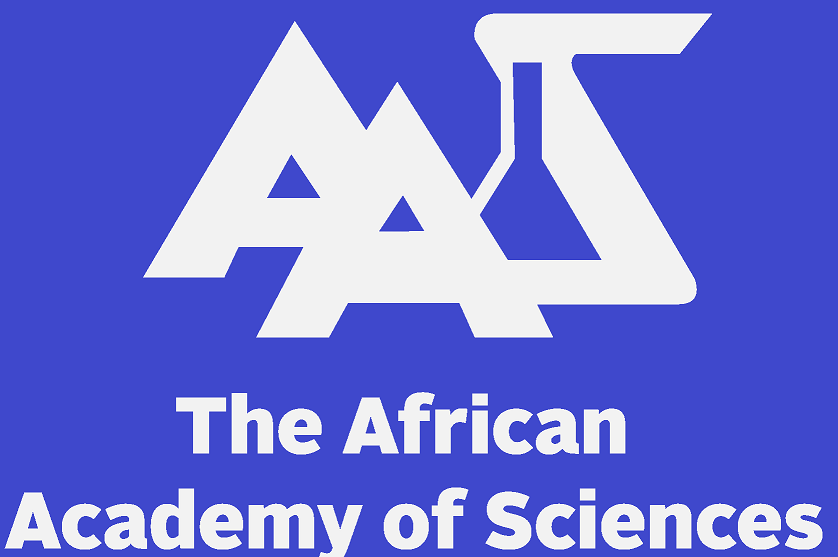In case you missed it, in June of 2019, Nature covered efforts by the multinational African Academy of Sciences (AAS), founded in 1985, to develop ethical guidelines on handling data. Their goal: to make sure that Africans benefit from research done in Africa, and to protect study participants from exploitation.

While the guidance has no legal heft–just as the U.S. National Academies of Science reports are advisory–it will provide nations throughout Africa with a common resource for developing and revising legal requirements for human subject/participant research.
If you want to follow up, the Nature article also links to other community and national guidelines developed within Africa’s many nations and cultures. It closes with a commentary from Collet Dandara that will ring true with anyone who takes community-based participatory research seriously:
The situation is compounded by Africa’s lack of research infrastructure, including quality data repositories and equipment such as gene sequencers. Collet Dandara, a geneticist at the University of Cape Town in South Africa, largely blames African governments for failing to provide such infrastructure for genomics research, which forces the continent’s scientists to send samples abroad for analysis.
Even initiatives designed to strengthen African expertise rarely cover basic infrastructure, Dandara says. That means African scientists can’t keep studying data that they have helped to collect once the initial round of projects — on which they usually work with international partners who have the analysis capabilities — finishes. Dandara says this happened with the MalariaGEN project, which collected genomic data from malaria parasites, mosquitoes and people. Several UK and US health agencies and charities started it in 2005. “A whole lot of studies were done in Africa, but to interrogate the data is difficult for African scientists,” he says.
However the AAS committee guidelines address the practical challenges of data sharing, it’s important that they also uphold African values, says Dandara. Communities that take a group-centred approach to participation in research projects, such as the San people in southern Africa, can run into problems with the individualized approach to data ownership and benefit sharing that is common in Western science. Deciding how to proceed would involve working closely with communities that have some claim to the information being gathered, Dandara says, including asking members how they think the work should be done.

